24/7 Helpline:
(866) 899-221924/7 Helpline:
(866) 899-2219
Learn more about Depression Treatment centers in Union County

Other Insurance Options

Coventry Health Care

United Health Care

Choice Care Network

Providence

Highmark

American Behavioral

Self-pay options

Magellan

AllWell

MVP Healthcare

CareSource

BlueShield

Covered California
Beacon

Health Net

Horizon Healthcare Service

UMR

Sliding scale payment assistance

Sutter

WellCare Health Plans

Center for Human Development
Center for Human Development is a private rehab located in La Grande, Oregon. Center for Human Devel...

Jonathan M. Wainwright Memorial VA Medical Center – La Grande VA Community Based Outpatient Clinic
Jonathan M. Wainwright Memorial VA Medical Center - La Grande VA Community Based Outpatient Clinic p...

















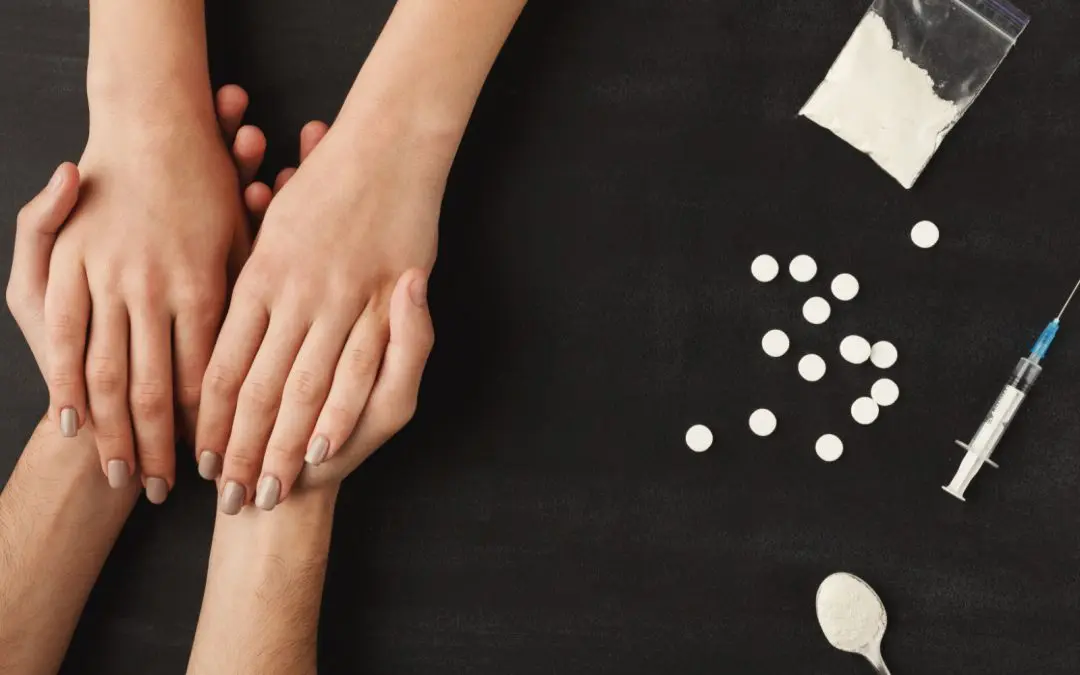


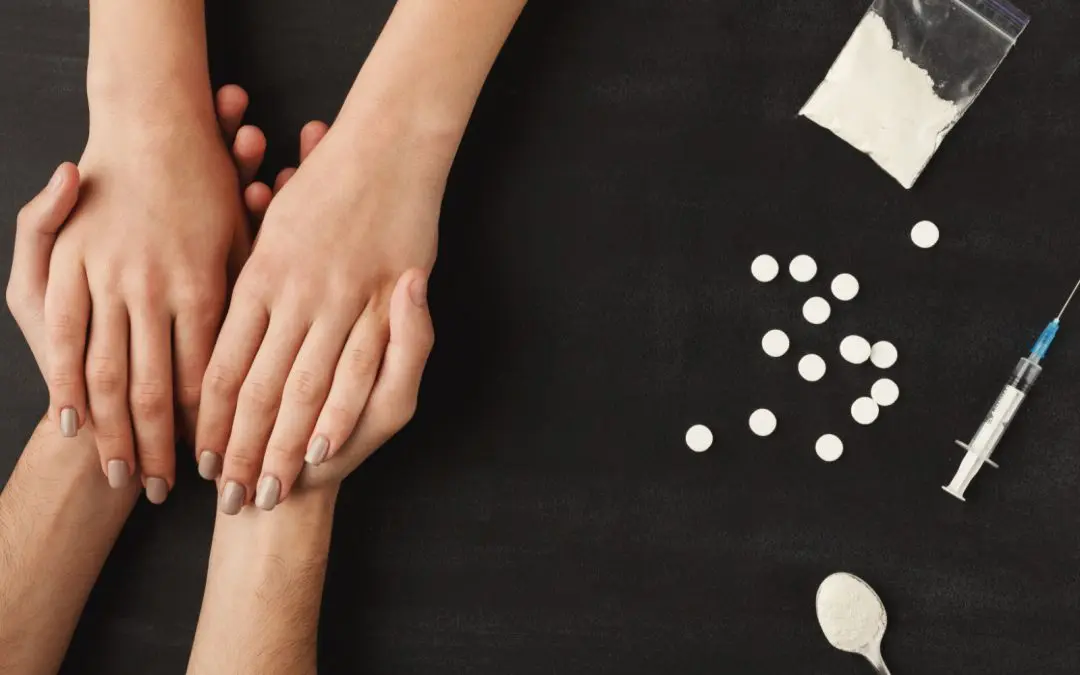











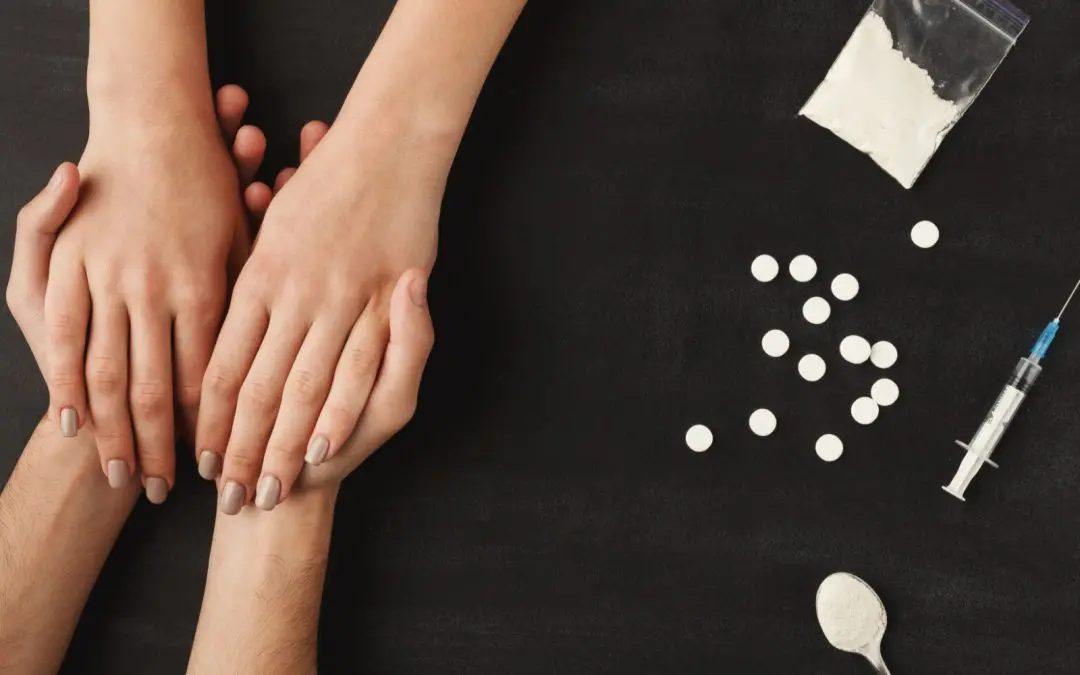










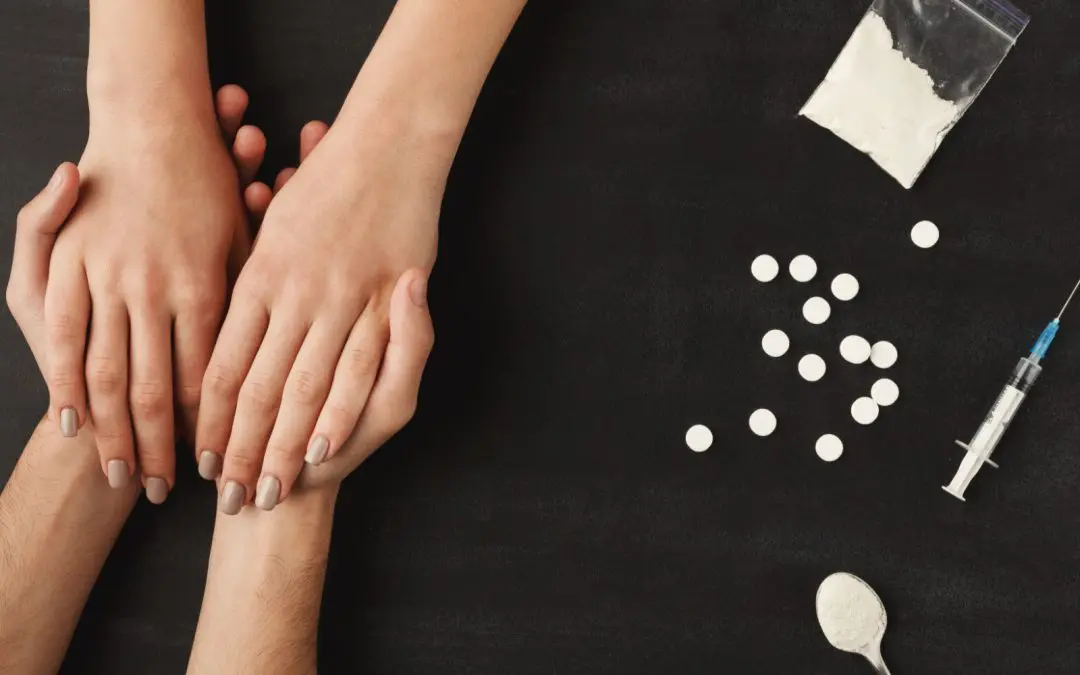













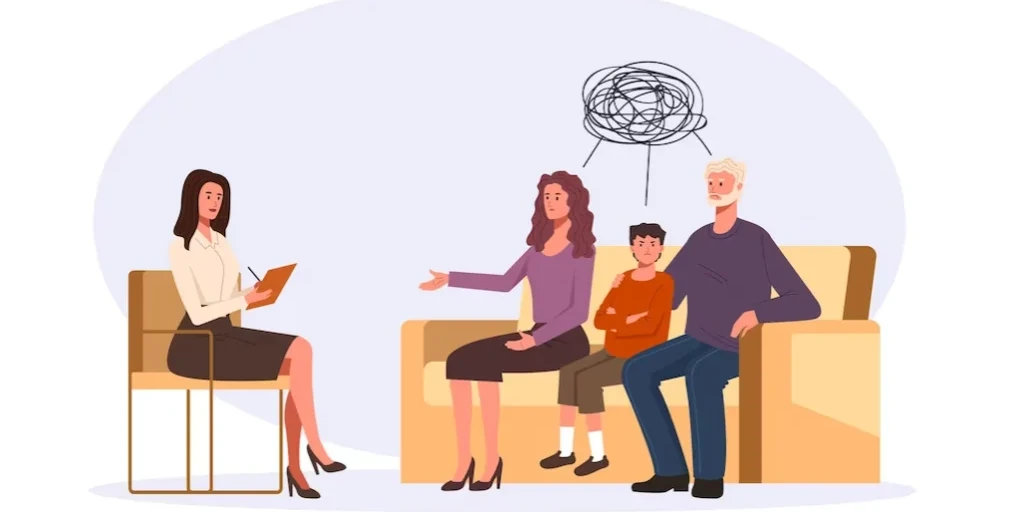






















Heart Steps Counseling Services
Heart Steps Counseling Services is a private rehab located in La Grande, Oregon. Heart Steps Counsel...

Grande Ronde Recovery
Grande Ronde Recovery is a private rehab located in La Grande, Oregon. Grande Ronde Recovery special...


















